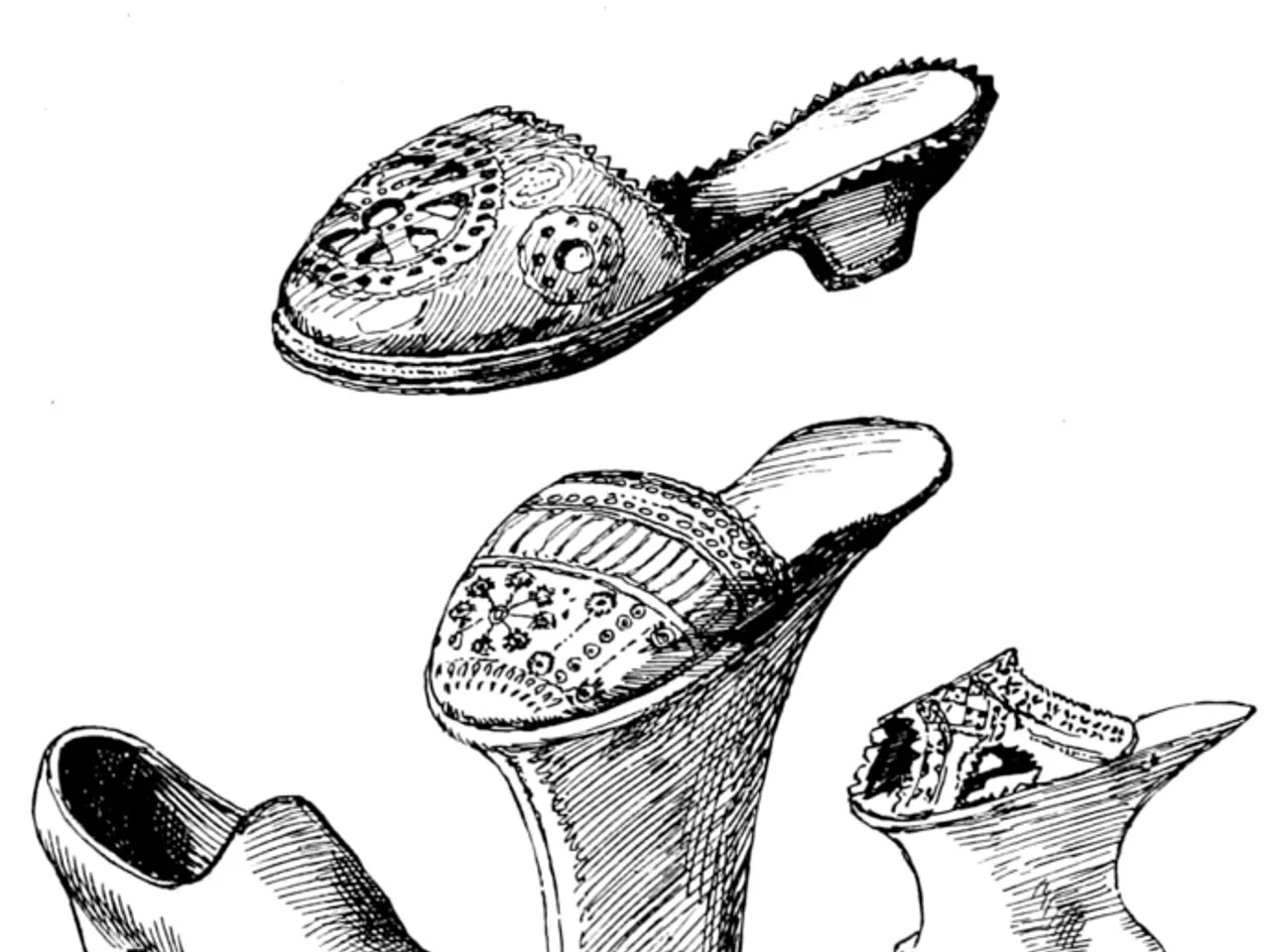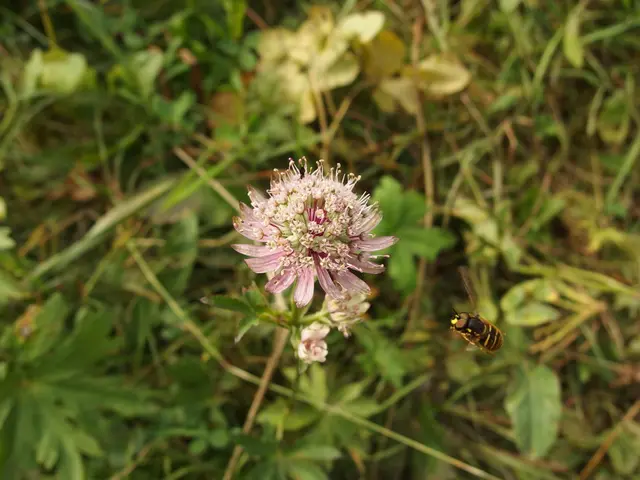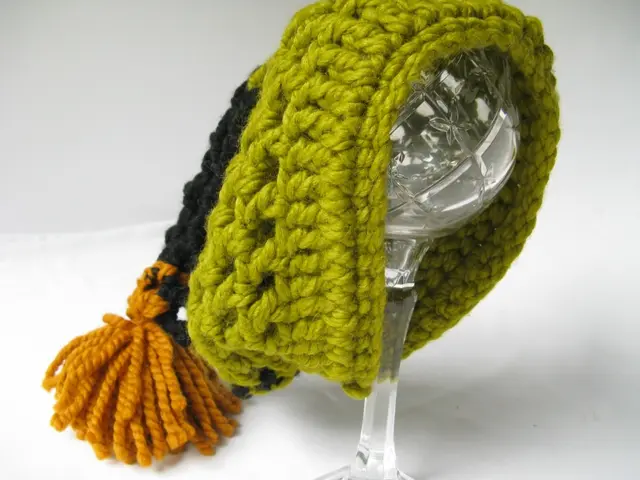Apologies issued by Adidas in Mexico for alleged cultural misappropriation
In a recent controversy, the design of Adidas' "Oaxaca Slip-On" shoe has been accused of cultural appropriation. The shoe, inspired by traditional Indigenous Zapotec huaraches from Oaxaca, Mexico, was released without crediting or collaborating with the Indigenous community of Villa Hidalgo de Yalálag.
The controversy sparked widespread backlash, with local leaders, cultural advocates, and government officials accusing Adidas of profiting from Indigenous culture without consent. Oaxaca’s Governor Salomón Jara publicly demanded Adidas respect the culture rather than sell it and threatened legal action.
Mexican President Claudia Sheinbaum described the shoe design as "inappropriate cultural appropriation." Sheinbaum, who has been vocal about large companies taking products, ideas, and designs from Mexico’s Indigenous communities, referred to them as "intellectual property."
The shoe, part of a collaboration with Mexican American designer Willy Chavarria, combines modern sneaker elements with the look of handwoven huaraches. However, the shoe is manufactured in China rather than Mexico, further fueling criticism.
In response to the controversy, Adidas issued an apology acknowledging the concerns raised but details on specific reparations or collaborations with the Indigenous community have not been clearly communicated as of the latest reports. Chavarria, a former senior vice president of design at Calvin Klein, expressed deep regret for the cultural appropriation in the "Oaxaca Slip-On" shoe design.
Chavarria acknowledged that the shoe was not developed in a direct and meaningful partnership with the Oaxacan community. He stated that the intention was to honor the cultural and artistic spirit of Oaxaca, but the design fell short of the respect and collaborative approach that Oaxaca and its people deserve.
Chavarria emphasized the importance of not allowing the huaraches, one of the community's greatest treasures and a tradition passed down from generation to generation, to be treated as a commodity. He made this statement to the BBC.
This situation highlights broader issues in fashion about cultural exploitation, representation, and the need for brands to engage respectfully and fairly with Indigenous cultures when using their motifs and heritage.
In a positive note, Adidas has reaffirmed its commitment to working with Yalalag in a respectful dialogue that honors their cultural heritage. Mexico, in turn, passed legislation in 2022 to protect Indigenous and Afro-Mexican peoples' intellectual and cultural property, with unauthorized use now punishable with fines and prison sentences.
As the conversation continues, it is hoped that this incident serves as a catalyst for more thoughtful and respectful collaboration between brands and the Indigenous communities they draw inspiration from.
Read also:
- Urban Tales: Winged Hedgehogs and Gridiron Mascots Highlight Our Legendary Series on TGC+!
- Love, Work, and Friendship Harmonies between Aries Signs
- Citizens advocate for a public assembly, demanding a new legislative body
- Jenna Ortega mastered Bach's cello suites for the popular Netflix program, 'Wednesday'








